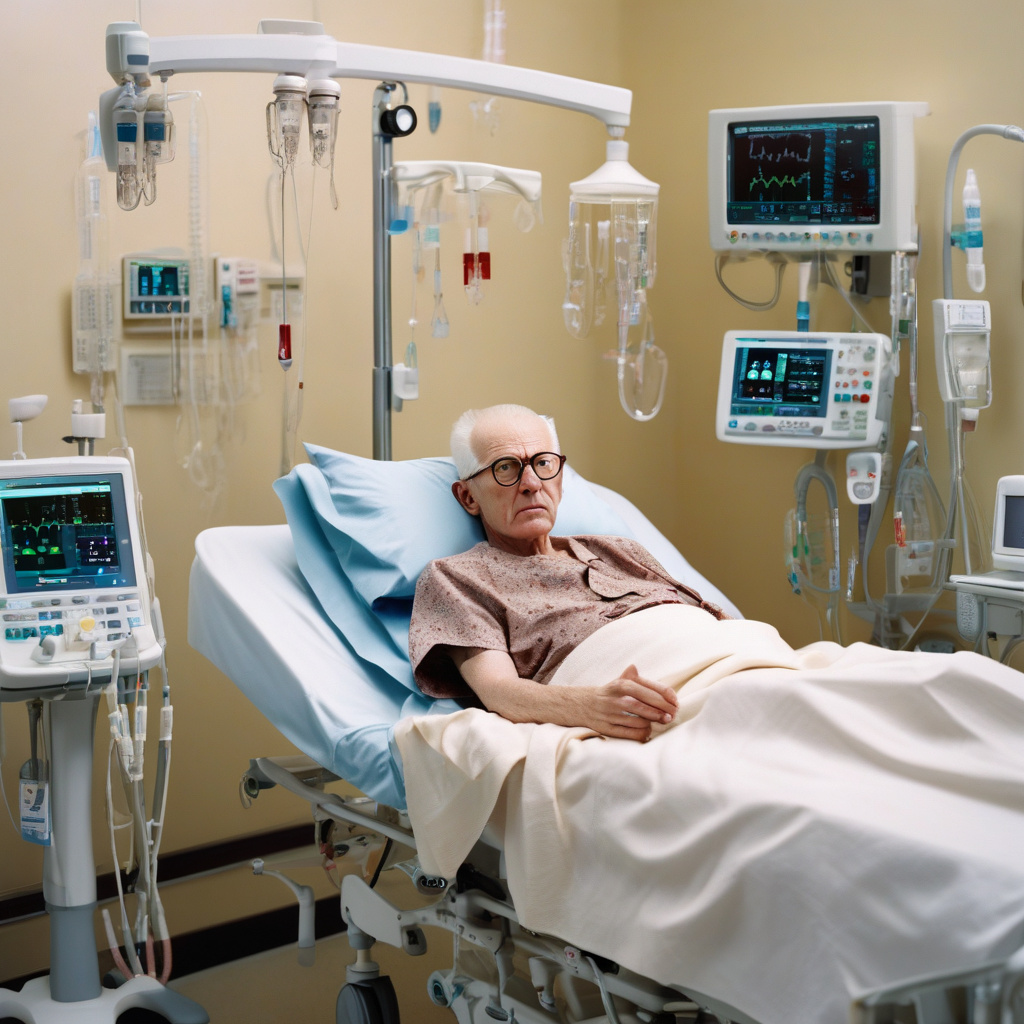When Artificial Intelligence Goes Wrong: The Risks of Following AI Dietary Advice
Artificial Intelligence has undoubtedly revolutionized the way we live, work, and even eat. With the rise of AI-powered tools and platforms offering personalized recommendations and advice, many have turned to these technologies for guidance on various aspects of their lives, including diet and nutrition. However, a recent incident involving an elderly patient highlights the potential dangers of blindly following AI dietary advice.
In a shocking turn of events, an elderly patient was hospitalized after following dietary advice provided by an AI-powered platform. The AI system, known as ChatGPT, recommended a switch from salt to sodium bromide based on the patient’s health profile and dietary preferences. Unfortunately, this seemingly harmless recommendation proved to be anything but safe.
Sodium bromide, a chemical compound often used in photography and as a flame retardant, is highly toxic when ingested. The elderly patient, unaware of the dangers associated with the compound, followed the AI’s advice and made the switch from salt to sodium bromide in their diet. This decision had disastrous consequences, as the patient soon began experiencing symptoms of toxic poisoning, including paranoia, hallucinations, and cognitive impairment.
The situation quickly escalated, and the elderly patient had to be rushed to the hospital for emergency medical treatment. Due to the severity of the poisoning and the psychiatric symptoms exhibited by the patient, they were eventually hospitalized in a psychiatric facility for further care and monitoring. The incident serves as a stark reminder of the potential risks of relying solely on AI recommendations, especially when it comes to critical matters such as health and nutrition.
While AI technologies can offer valuable insights and recommendations, it is essential to approach them with caution and critical thinking. When it comes to dietary advice, consulting with qualified healthcare professionals, such as dietitians or nutritionists, is crucial to ensure that the recommendations align with individual health needs and dietary requirements. Blindly following AI suggestions, as demonstrated in this unfortunate case, can have serious and even life-threatening consequences.
Moreover, this incident underscores the importance of thorough testing and validation of AI algorithms, especially in sensitive areas such as healthcare. Developers and providers of AI-powered solutions must prioritize the safety and well-being of users by implementing robust safeguards and mechanisms to prevent potentially harmful recommendations.
As we continue to integrate AI technologies into various aspects of our lives, it is essential to remain vigilant and discerning. While AI has the potential to enhance and simplify our decision-making processes, it is not a substitute for human expertise and judgment. By approaching AI recommendations with a critical mindset and seeking professional guidance when needed, we can harness the benefits of these technologies while mitigating the risks.
In conclusion, the unfortunate incident involving the elderly patient serves as a cautionary tale about the dangers of blindly following AI dietary advice. By prioritizing safety, critical thinking, and expert guidance, we can navigate the evolving landscape of AI technologies responsibly and effectively.
AI, Dietary Advice, Health Risks, ChatGPT, Hospitalization
